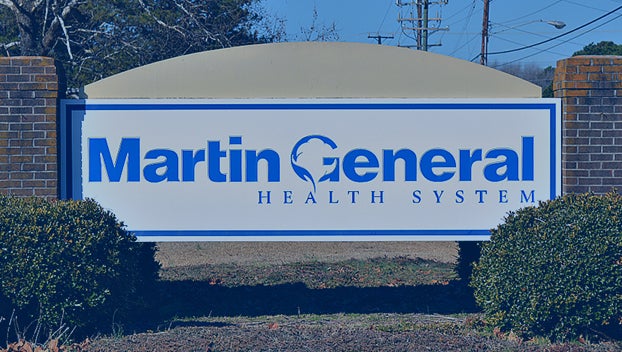City taking lead on waterfront Wi-Fi project
Published 3:29 pm Tuesday, March 7, 2017

- KEEPING TRACK: City Manager Bobby Roberson uses a copy of the city’s capital-improvements plan to keep up with the City Council’s CIP discussion Monday. (Mike Voss/Daily News)
Although Washington’s City Council began removing some projects from or deferring other projects in the 2018-2022 capital-improvements plan, it left $20,000 in the CIP in the upcoming fiscal year to help provide Wi-Fi along the city’s waterfront.
During its review of the CIP, the council decided the city would take the lead in providing Wi-Fi in that area of the city, in part to provide Internet access to boaters who use the city docks. Boaters have come to expect Wi-Fi at docks, said John Rodman, the city’s community and cultural resources director.
“That’s the No. 1 thing that is asked about when we have boats come in: Wi-Fi,” Rodman said. “I continue to put in that in there because I think it’s something that is needed if we’re going attract boaters to our waterfront.”
The city plans to partner with the Washington-Beaufort County Chamber of Commerce, Washington Tourism Development Authority and Washington Harbor District Alliance to provide Wi-Fi. The council made it clear it expects those three entities to help pay for the Wi-Fi service, possibly covering the monthly cost. The city is willing to pay the bill for setting up the waterfront Wi-Fi service.
Although the Wi-Fi project is in the CIP, that does not guarantee it will be funded in the upcoming budget.
Councilman Larry Beeman said he wants to “know what the other players will bring to the table” before agreeing to fund the project.
Council member William Pitt said he considers Wi-Fi service downtown as one of the city’s economic-development tools, saying it’s time the city moved into the appropriate century. Councilwoman Virginia Finnerty also supports Wi-Fi at the waterfront, saying it would make the city competitive with other cities and towns in the region that offer Wi-Fi accessible to the public.
Councilman Doug Mercer expressed concerns that teenagers would gather at the waterfront and use their electronic devices to play video games, possibly using all of the Wi-Fi system’s capacity and that others desiring to use the Wi-Fi for other reasons such as work or research would be denied access.
City staff said time limits on the use of the Wi-Fi system could help prevent a small number of people from tying up all of the system’s capacity. They also said it’s possible to have Wi-Fi users register so the city can track their usage of the system.
The city’s capital-improvements plan — a detailed report on major building projects and significant equipment purchases scheduled for the next several years — is used to help develop the city’s future budgets. Currently, the city is developing its 2017-2018 fiscal year budget.
The city has adopted a pay-as-you-go plan when it comes to major capital expenditures, proceeding with CIP projects when the money is there, sometimes splitting a project into phases funded over several years. The council assigns priorities to CIP projects to determine when they will be funded, or if they are funded.
Capital expenditures of $20,000 or more must be included in the CIP before funding is allocated in the budget, according to city policy. In case of emergencies, sometimes that policy is waived. The plan addresses major expenditures such as new vehicles, new buildings, stormwater (drainage) projects, water and sewer projects and computer hardware and software upgrades or replacements. The council decides which proposed projects receiving funding, whether a project will be completed in phases and when a project begins.
For additional coverage of the CIP, see future editions of the Washington Daily News.






